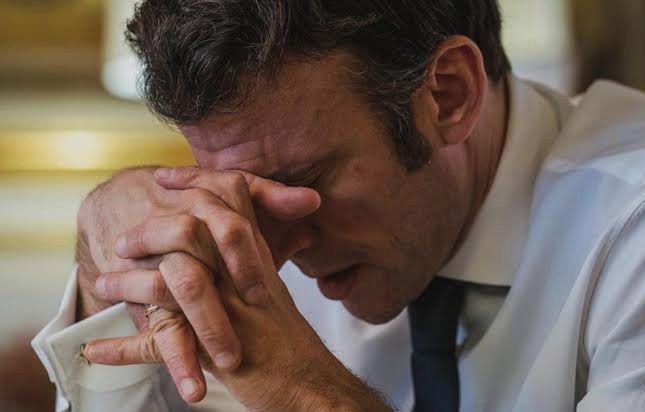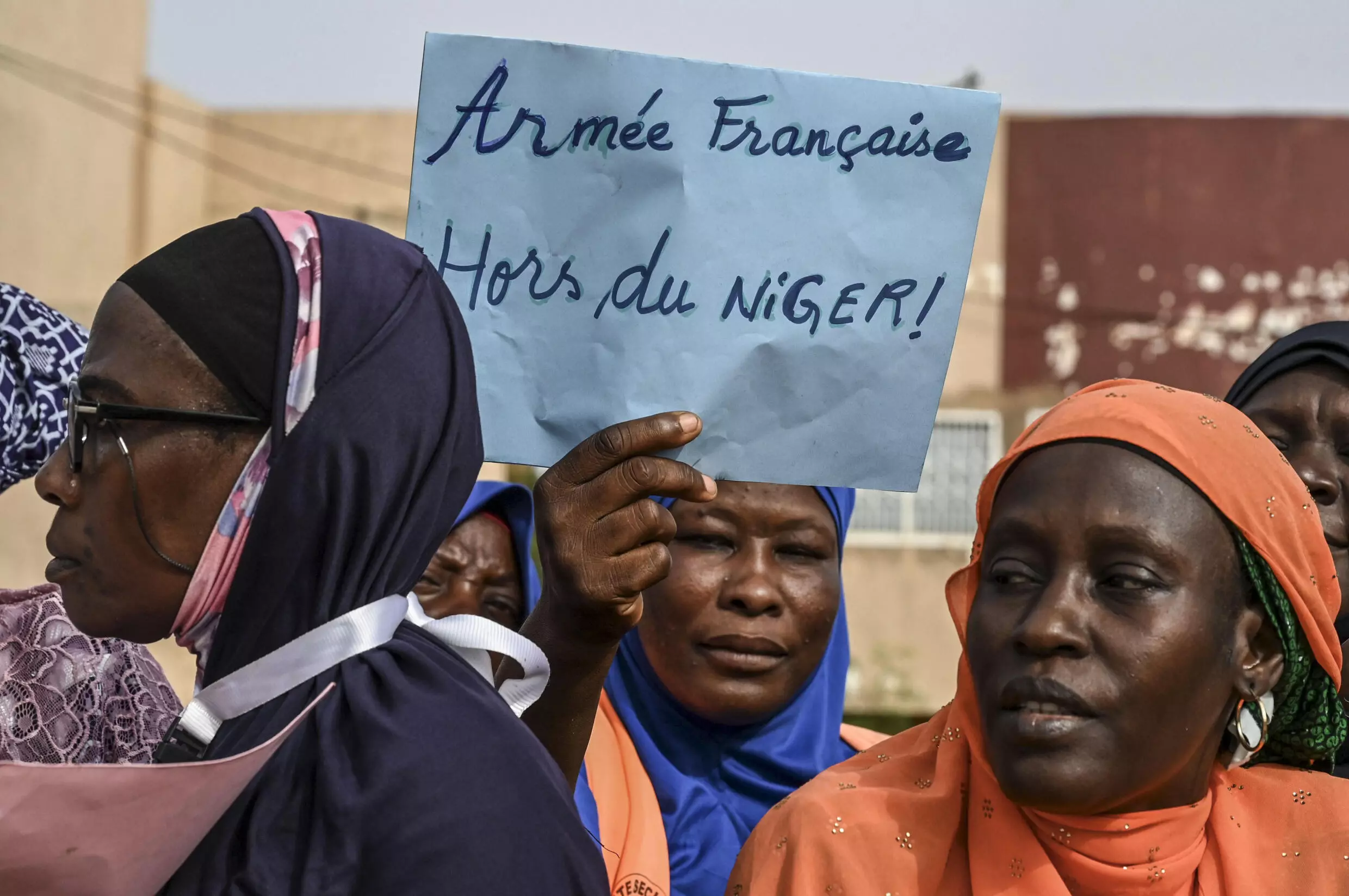After weeks of stubborn resistance to acquiesce to the demands of the new military government of Niger – to remove French troops stationed in the capital and the French Ambassador from Niger soil, President Macron on Sunday 24th September, announced that France will withdraw its ambassador with immediate effect and that the 1,500 troops stationed at the barracks in Niamey, Niger, will also be withdrawn over the ‘months and weeks to come’ with a complete exit ‘by the end of the year’.
The French President Macron, has been resolute in refusing to recognise the legitimacy of the new government
Since the overthrow on 26th July of the former President Mohamed Bazoum, the French President has been resolute in his position that France refuses to recognise the legitimacy of the new military government in Niger and that the only legitimate authority in Niger was the democratically elected President Bazoum. Just over a week ago on Friday 16th September, President Macron accused Niger’s new government of holding the French Ambassador hostage. He said:
‘They are preventing food deliveries…he is eating military rations. [The envoy] cannot go out. He is persona no grata and he is being refused food’
As thousands of Niger’s citizens continued several weeks of protests both in the capital city centre and outside the French army barracks, the military leadership took to the airwaves last week to announce that they had been monitoring a French military build up in neighboring countries (and former French colonies) of Cote d’Ivoire and Benin, which they asserted was a sign that France intended to engage in military intervention.
France has remained resolute in support of former President Bazoum
Since the overthrow of the former President Mohamed Bazoum on 26th July, the French President has been resolute in his position that France refuses to recognise the legitimacy of the new military government in Niger and that the only legitimate authority in Niger was the democratically elected President Bazoum. Just over a week ago on Friday 16th September, President Macron accused Niger’s new government of holding the French Ambassador hostage. He said:
‘They are preventing food deliveries…he is eating military rations. [The envoy] cannot go out. He is persona no grata and he is being refused food’
Tensions have been mounting in expectation of a military intervention
As thousands of Niger’s citizens continued their several weeks of protests both in the capital city centre and outside the French army barracks, the military leadership took to the airwaves last week to announce that they had been monitoring a French military build up in neighboring countries (and former French colonies) of Cote d’Ivoire and Benin, which they asserted was a sign that France intended to engage in military intervention.
Security pact agreed between Niger, Mali and Burkina Faso
Tensions continued to mount and in the last week there followed an announcement from the joint military forces of Niger, Mali and Burkina Faso, which publicly declared a new security pact under the banner of ‘the Alliance of Sahel States’. The announcement was clear in stating that:
‘Any attack on the sovereignty and territorial integrity of one or more contracted parties will be considered an aggression against the other parties’

France’s withdrawal declared an ‘historic moment’ and the beginning ‘of a new era’
Immediately following Macron’s announcement on Sunday, the spokesperson for the new Niger government declared the move as:
‘a new step towards the sovereignty [of the country], Imperialist and neo-colonial forces are no longer welcome on our national territory. The new era of cooperation, based on mutual respect and sovereignty is already underway’
The news of France’s acquiescence was greeted with jubilation from the thousands of protesters gathered in central Niamey, as they bathed in what the new military council described as ‘an historic moment’. It will be interesting to see whether the support for the new leadership diminishes in the coming weeks as the suspension of France’s development aid, the cessation of student travel visas as well as sanctions from the Economic Community of West African States (ECOWAS) begin to bite on the wellbeing of the masses of ordinary citizens of Niger.


















